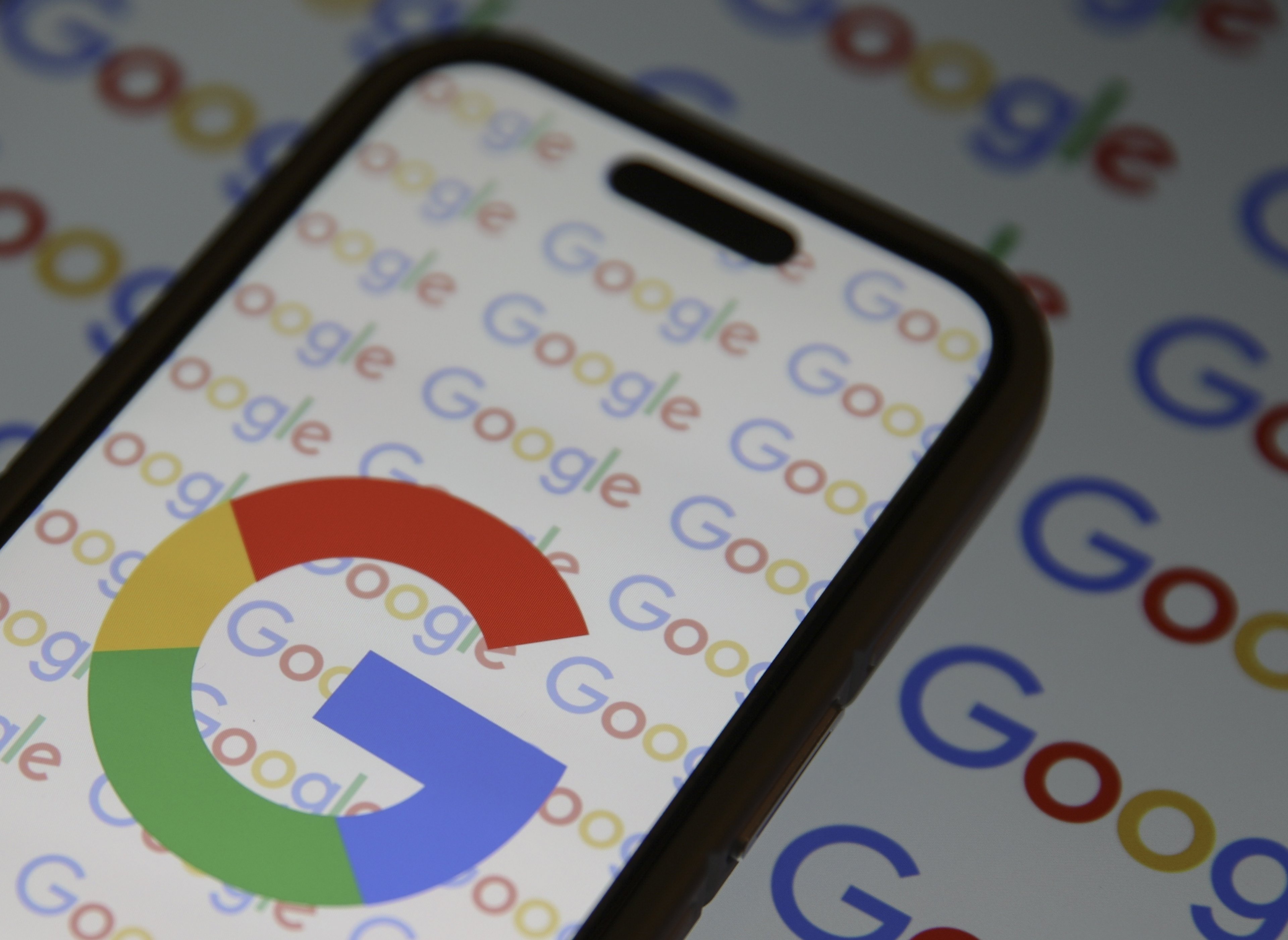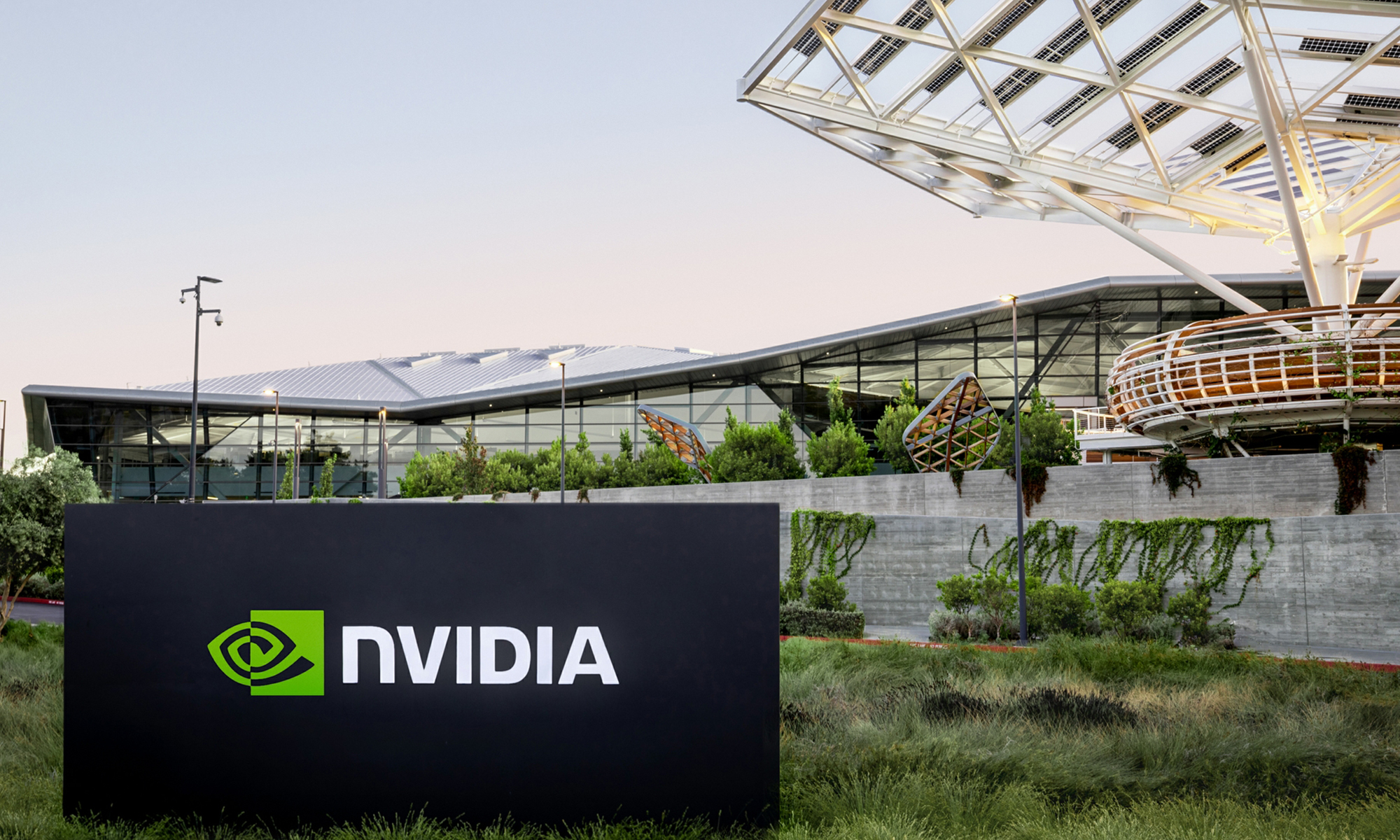This shocks me: As much press as self-driving cars are receiving these days, most people still view them as some far-away fantasy -- even a good many "experts" and automotive reporters. Some are unsure we'll ever have completely autonomous vehicles.
I observed this skepticism firsthand at the fourth annual Connected Mobility Conference at CE Week in New York City. One panelist predicted it will be at least 100 years until we see wide adoption of fully autonomous vehicles. A journalist at the conference asked if these vehicles will ever acquire the ability to avoid, say, a person stepping into the road.
It seemed a lot of the doubters were car folks and not necessarily tech folks. They equate a lot of problems they're now seeing with in-dash infotainment systems -- which are full of bugs, hard to use, and require occasional reboots -- with completely separate autonomous technology.
The head of the conference, Doug Newcomb of the C3 Group, is both a car and a tech guy. His thinking is more in line with mine: The kind of skepticism we heard in New York is overblown, and we'll see fully self-driving vehicles sooner rather than later:
"I test over 50 cars a year [...] the driver assist technology works very, very well. And it saves lives."
Two of the biggest tech companies in the world are betting big on the self-driving revolution: Apple (AAPL 0.46%) and Google (GOOG 0.04%). Google has been involved in this game for several years now, and its vehicles have logged over a million miles of autonomous driving.
"Google can kind of do their own thing, and they have enough money to do so."
Now, let's talk about the long-rumored Apple Car. Newcomb is skeptical that Apple wants to manufacture and sell cars. It seems getting into a low-margin, highly regulated industry would run counter to its history. Tesla has provided a great look at what even a very innovative company has to face when breaking into the automotive space: Elon Musk's company has produced superb cars, but it has hit dozens of speed bumps to get where it is today.
Whether they wind up as manufacturers or not, Newcomb believes the two Silicon Valley giants are in the game for the vast amounts of data they'd be able to collect and utilize:
"I'm convinced that Apple, as well as Google [...] I think what they're after is the data."
Foolish bottom line
I believe some fully autonomous vehicles will be on the road within 10 years. Once consumers see how safe they are, and how many lives can be saved, demand will push Washington to clear out regulatory roadblocks. That, in turn, will accelerate a more complete rollout.







